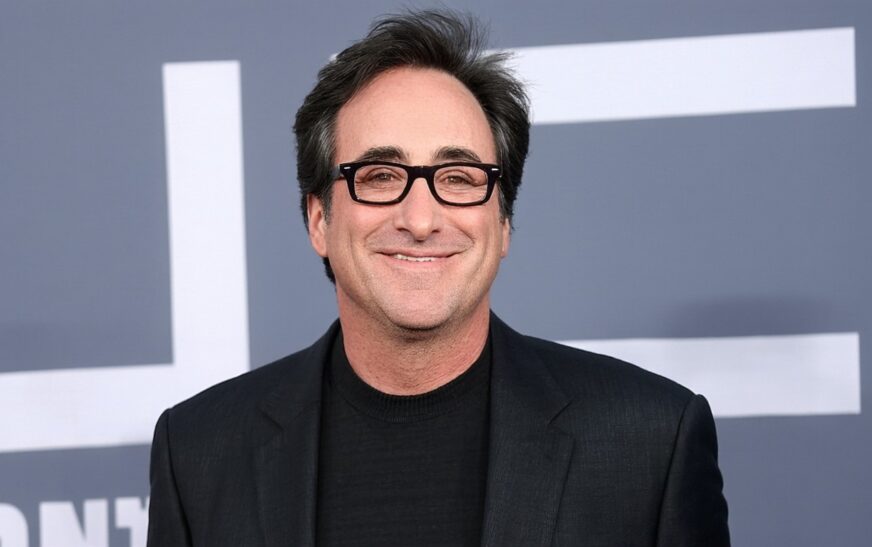Few celebrities bridged generations like Bob Saget, whose warm presence on “Full House” and sharp wit in stand-up made him a beloved figure. His unexpected death in early 2022 shocked fans around the globe and sparked widespread curiosity. As tributes poured in, so did questions: How did Bob Saget die? This article unpacks the official findings, addresses the misconceptions, and reflects on his enduring legacy.
The Immediate Aftermath: News of Bob Saget’s Passing
Discovery in Orlando
On January 9, 2022, Bob Saget was found unresponsive in his room at the Ritz-Carlton Orlando, Grande Lakes, Florida. He had performed a stand-up show in nearby Ponte Vedra Beach the previous evening and was active on social media, expressing enthusiasm about his tour and gratitude toward fans. Hotel staff discovered Saget after family members, unable to reach him, requested a welfare check. He was pronounced dead at the scene, aged 65.
Initial Public Reaction
The abruptness of Saget’s passing shook the entertainment community. Fellow comedians, actors, and colleagues, from John Stamos to Candace Cameron Bure, issued heartfelt statements. Online speculation swirled, typical in such high-profile cases, about possible overdose or foul play. However, the Saget family and authorities urged the public to await official findings.
“The amount of love and support our family has received is incredible and deeply appreciated. As we navigate this heartbreaking time, we ask for privacy while the investigation continues.”
— The Saget Family, January 2022
Official Findings: Determining the Cause of Death
Autopsy Reports and Medical Examinations
The Orange County Medical Examiner’s Office released its final autopsy report several weeks after Saget’s death. According to the comprehensive report, the cause of death was accidental head trauma. Saget sustained a severe blow to the back of his head, likely from an unwitnessed fall — perhaps onto the hotel room’s headboard or floor — and then went to sleep, unaware of the seriousness of his injury.
Crucially, the autopsy noted:
– “No evidence of illicit drugs or toxins.”
– “The manner of death is accidental.”
The injuries described included:
– Skull fractures at the back of the head and around the eyes
– Evidence of subdural hematoma and subarachnoid hemorrhage, both forms of brain bleeding
Chief Medical Examiner Dr. Joshua Stephany clarified that the trauma was consistent with “an unwitnessed fall,” not an assault or struggle. This finding was subsequently affirmed by independent medical experts appointed by the Saget family.
Dispelling Rumors and Myths
Given Saget’s public persona and the sometimes-murky nature of celebrity deaths, rumors quickly circulated. However, investigators from the Orange County Sheriff’s Office and multiple toxicology screenings categorically ruled out both drug use and foul play.
Expert Assessment
Medical professionals pointed out that head injuries — especially those resulting in internal bleeding with minimal external signs — can be insidious. Symptoms may not be immediately apparent. Sleep after head trauma, unless medically cleared, can carry significant risk.
“It is an unfortunately common misconception that bumps on the head are rarely serious. Undetected internal injuries like the one Bob Saget sustained can be fatal, even if the person feels well enough to carry on as normal.”
— Dr. Jeffrey Bazarian, Professor of Emergency Medicine (in commentary to national media)
Bob Saget’s Health Status and Lifestyle
Pre-Existing Medical Conditions
Publicly available health records and statements from Saget’s family indicated he did not suffer from any known chronic illnesses or neurological conditions that might have contributed to his fall. He was on an active comedy tour, showing no outward signs of decline. However, as is often the case with neurologic injuries, vulnerability increases with age and certain prescription medications (none of which were found in Saget’s system according to the autopsy).
The Reality of Head Trauma
Saget’s death drew attention to the broader issue of traumatic brain injury (TBI) among adults. According to the Centers for Disease Control and Prevention (CDC), falls are the leading cause of TBI-related deaths in the United States. The elderly are particularly at risk, but even healthy adults may suffer fatal consequences from seemingly minor incidents.
Greater public awareness of concussion protocols and when to seek medical help has grown partly in response to high-profile cases across sports and entertainment. Saget’s case reignited calls to treat all head injuries with caution.

Celebrity Deaths and Public Perception
The Velocity of Misinformation
Whenever a well-known figure passes away unexpectedly, social media is rife with speculation. The public’s concern, combined with the amplification effect of online platforms, can lead to unfounded theories. Saget’s case exemplifies how even earnest speculation—about drugs, COVID-19 vaccines, or foul play—can quickly spread before facts emerge.
Family representatives took the unusual step of requesting that all details from the investigation remain permanently confidential to shield loved ones from further distress—a rare legal outcome highlighting the media pressures that often accompany celebrity losses.
Remembering Legacy Over Rumor
Bob Saget’s comedy career, spanning decades from “America’s Funniest Home Videos” to raunchy stand-up routines, demonstrated his range and resilience. Outpourings of grief showed how deeply he resonated with fans and peers.
His death serves as a powerful reminder of both the unpredictability of head injuries and the need for measured, fact-based public discourse—particularly when it comes to complex, sudden events in the public eye.
Conclusion: Lessons from Bob Saget’s Passing
The cause of Bob Saget’s death—accidental head trauma due to an unwitnessed fall—was both clear and entirely unexpected. This outcome stands in contrast to initial speculation and demonstrates the importance of expert investigation and medical transparency. Saget’s legacy extends far beyond the manner of his passing, serving as a reminder of the joy he brought and the caution we should all observe with head injuries, no matter how minor they may appear.
FAQs
How did Bob Saget die?
Bob Saget died from accidental head trauma caused by a fall in his hotel room, leading to fatal brain bleeding. No drugs or foul play were involved.
What did the autopsy report say about Bob Saget’s death?
The autopsy revealed severe head injuries consistent with a fall and confirmed there were no signs of drugs or toxins in his system. The manner of death was ruled accidental.
Did Bob Saget have any health conditions leading up to his death?
There were no reported chronic illnesses or neurological conditions contributing to his death. He was actively touring and reportedly healthy before the incident.
Why did rumors circulate about Bob Saget’s cause of death?
As with many celebrity deaths, speculation and misinformation spread quickly online. Official reports later clarified the cause, dispelling rumors.
What can others learn from Bob Saget’s case about head injuries?
His case highlights that even seemingly minor head injuries can be serious or fatal. Prompt medical attention after any head trauma is essential, especially if symptoms develop.
Were authorities certain there was no foul play?
Law enforcement and independent medical experts found no evidence of foul play. The injuries were consistent with an accidental fall, and the investigation is considered conclusive.








